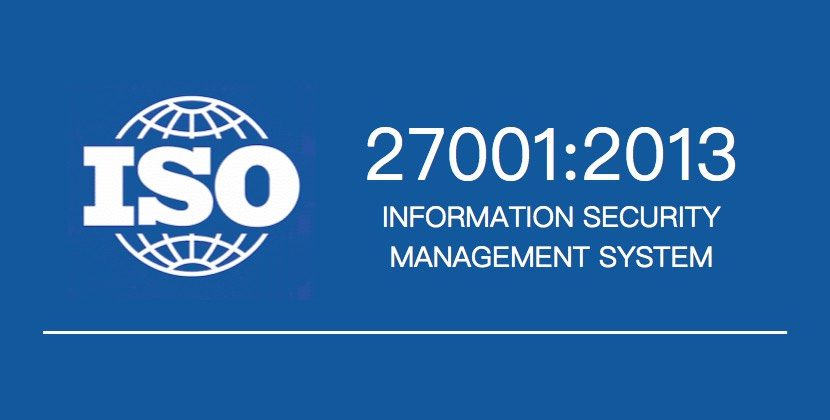
Parvez Murshed (Head of Pre-Sales & Platform Solutions, TASConnect) is a banker with more than 20 years experience, specialising in Trade Supply Chain Finance and Transaction Banking through various leadership roles within Citigroup in Asia.
Choosing Between a Single and Hybrid SCF Platforms: A Decision for Multi-National Treasurers and CFOs
Today, treasurers and CFOs of large multi-national corporations often must spend time deciding whether to provide their Supply Chain Finance (SCF) mandate to a single large bank which has its own proprietary SCF platform, or to go with a platform that can bring in funders including multiple banks and other finance providers. There is also a hybrid model where banks have tied up with outside platform providers.
The banks are facing limitations in terms of keeping up with the developments in the markets and with new technology and client requests. Most banks are not able to provide real-time Management Information Systems (MIS) and customised reports per client needs. The biggest issue facing banks today is the scarce technology dollars. There are always unlimited asks from various markets, local regulatory compliance, specific clients’ requirements and ever shrinking budget pool for tech dollars. Multiple rounds of review before they can make enhancements to their platform. platforms today are clunky and do not have client friendly interface and dashboards.
Overcoming Banks’ Limitations with SCF Platforms: Consolidation and Customisation
Entering the era of platforms opens a door of flexibility and customisation for the clients. A Fintech-created platform will have the flexibility to create customised workflows, dashboards and enforce client’s rule sets and provide real-time reporting back to client’s ERP.
Some banks have not yet been able to develop APIs for their SCF platforms. As a result, host to host integration is the only option and can take months to implement. Clients also do not want to connect with multiple service providers and banks. For example , if you want your supplier’s KYC done for onboarding into a SCF program, a bank may take a month while some FinTech will be able to do this in about 48 hours pulling KYC data through various sources by API calls. If a bank wants to implement an ESG solution, they have to implement their own ESG framework, get multiple levels of internal approval and then sign up with an external service provider for monitoring of the ESG performance by the suppliers. However, SCF platform is able to consolidate all such ESG capabilities in one place and launch fast in the market. Taking cross-boarder payment and FX conversion as another instance, most banks have limited capability due to the footprint restrictions, especially in illiquid and developing markets. FinTech usually has a better market coverage and local payment system capabilities by integrating with multiple platforms.
While banks bring in liquidity into the SCF programs, they also have limitations in terms of how much credit facility they can allocate. Their distribution capabilities are also limited due to competition with other banks and higher return requirements for capital, which higher calls for skim le to higher pricing for the suppliers. The time taken for distribution can be long sometimes due to scarcity of credit lines and market condition. As a result, invoices may not get discounted on time and suppliers run out of cash. This could be more acute in markets like Vietnam or Indonesia where the secondary market is nascent or non-existent.
The Value of TASConnect as a Single Point of Convergence for Multi-National SCF Solutions
That’s where a platform provider like TASConnect adds tremendous value to the multi-national clients by working as their extended ERP and single point of convergence to bring multiple banks, funders and service providers to one place be it for financing, supplier KYC, FX or ESG . The flexibility and nimbleness from pre-to-post shipment create transparency and visibility to clients’ end-to-end trade and supply chain ecosystems. Clients do not have to connect with all the stakeholders individually anymore, to access the holistic SCF solutions. This is the future of platforms and TASConnect is already ahead of the game by creating the future, today.

